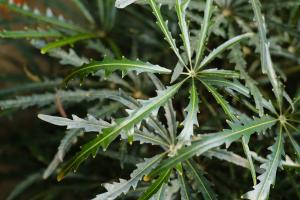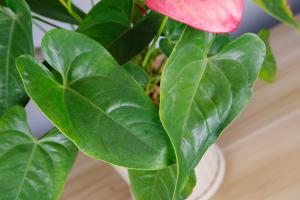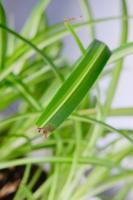What Causes Your Tomato Plants to Wilt
Tomatoes are one of the most popular vegetables grown in home gardens. However, tomato plants are prone to wilting, which can be an indication of a serious problem. In this article, we will discuss the common causes of tomato plant wilt and how to prevent it.
Fungal Diseases
Fungal diseases are one of the most common causes of tomato plant wilt. Fusarium wilt and Verticillium wilt are two of the most common fungal diseases that affect tomato plants. These diseases can cause leaves to wilt, turn yellow or brown, and eventually die. The fungi can infect the soil and can stay there for many years, infecting new plants each year. To prevent fungal diseases, it is important to plant tomatoes in soil that is not infected, rotate tomato plants with other crops each year, and use fungicides if necessary.
Bacterial Diseases
Bacterial diseases can also cause tomato plant wilt. Bacterial wilt is a common disease that is caused by the bacterium Ralstonia solanacearum. It can cause the leaves to wilt, turn yellow or brown, and eventually die. It can be spread through water, soil, and infected plants. To prevent bacterial wilt, it is important to plant tomatoes in soil that is not infected, and to use disease-free seeds or seedlings.
Insect Infestations
Insect infestations can also cause tomato plant wilt. Aphids, thrips, and whiteflies are some of the insects that can infest tomato plants. These insects feed on the plant’s sap, causing leaves to wilt and become distorted. They can also transmit harmful plant viruses. To prevent insect infestations, it is important to keep the garden clean and free of debris, use insecticidal sprays if necessary, and attract beneficial insects like ladybugs and lacewings to the garden.
Environmental Factors
Environmental factors can also cause tomato plant wilt. Excessive heat, drought, and overwatering are some of the environmental factors that can cause tomato plants to wilt. To prevent damage from environmental factors, it is important to choose tomato plants that are adapted to your climate, water the plants deeply but infrequently, and provide shade during hot weather.
Nutrient Deficiencies
Nutrient deficiencies can also cause tomato plant wilt. Lack of nitrogen, potassium, and magnesium can cause the leaves to wilt and turn yellow. To prevent nutrient deficiencies, it is important to fertilize the soil before planting, use compost or manure to improve soil fertility, and use fertilizers that are specifically designed for tomatoes.
Conclusion
Tomato plant wilt can be caused by many factors, including fungal and bacterial diseases, insect infestations, environmental factors, and nutrient deficiencies. By understanding the causes of tomato plant wilt, you can take steps to prevent it and keep your tomato plants healthy and productive.

 how many times do yo...
how many times do yo... how many planted tre...
how many planted tre... how many pine trees ...
how many pine trees ... how many pecan trees...
how many pecan trees... how many plants comp...
how many plants comp... how many plants can ...
how many plants can ... how many plants and ...
how many plants and ... how many pepper plan...
how many pepper plan...
































